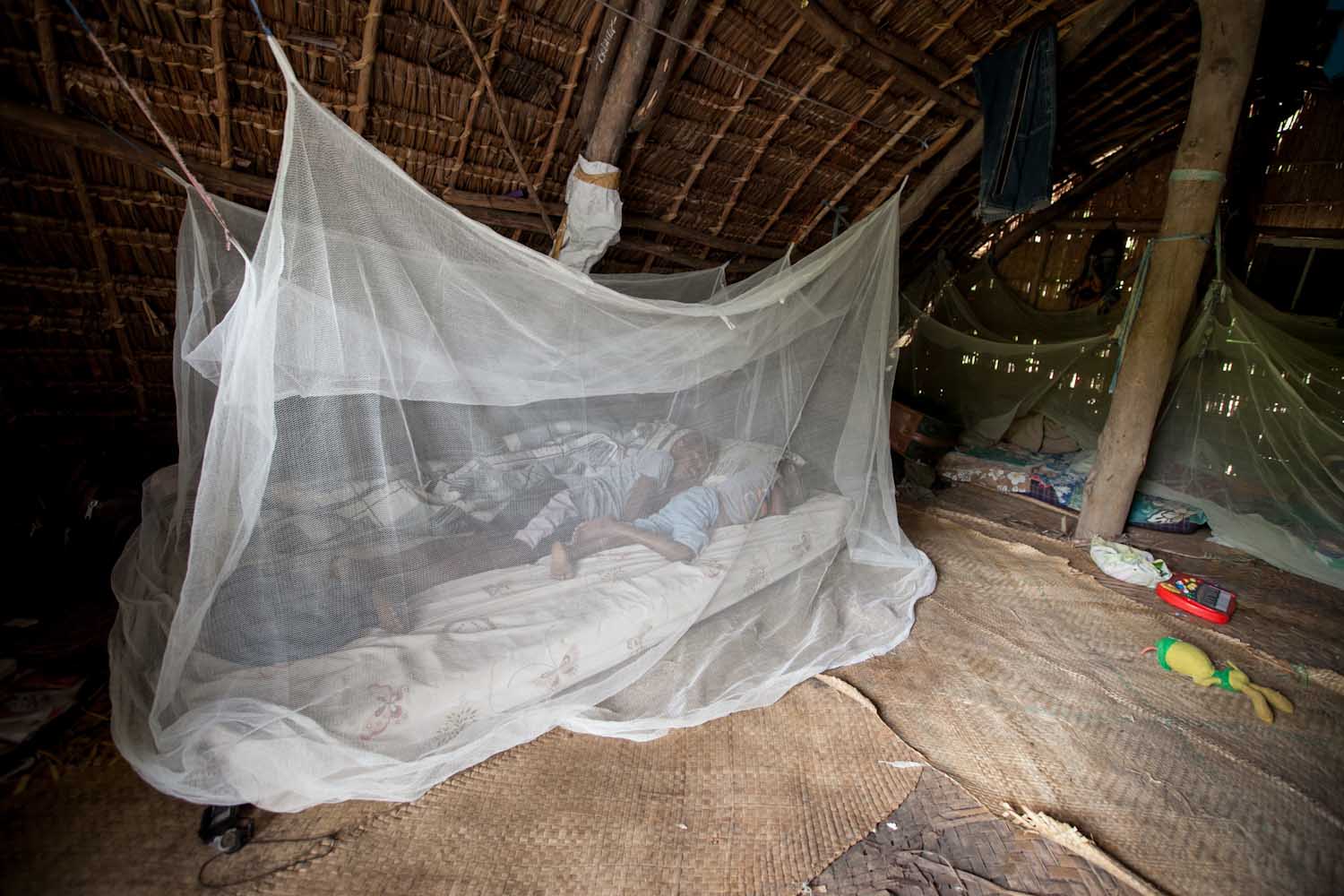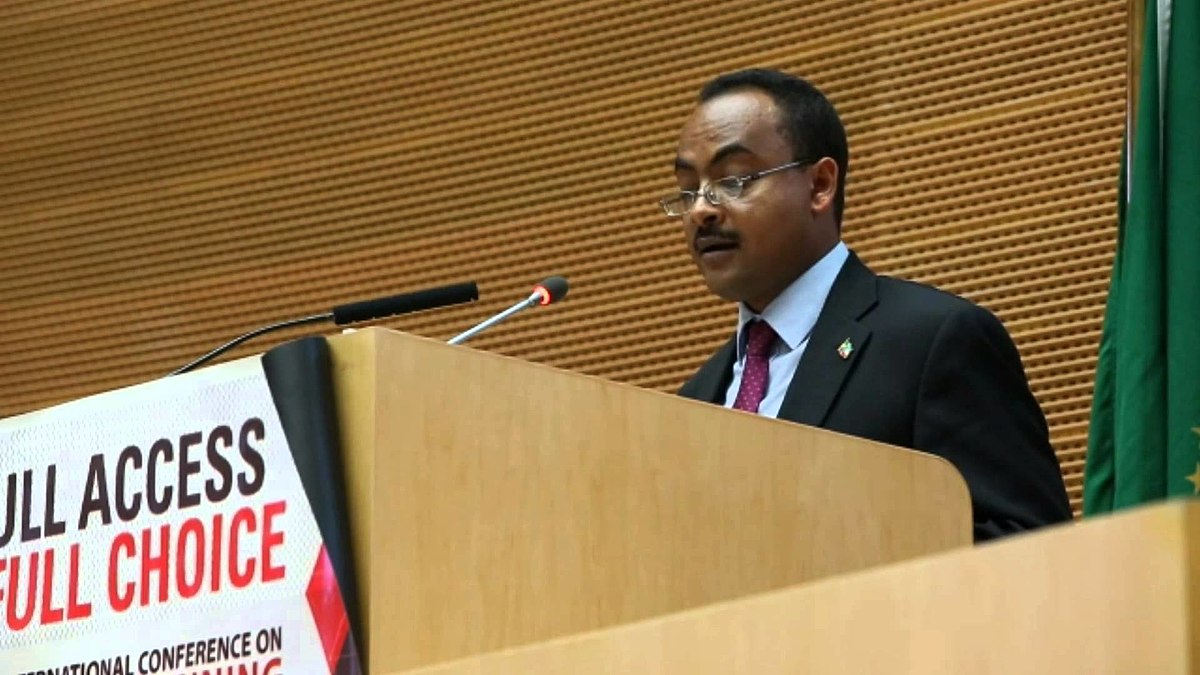In 1998, WHO, the World Bank, UNDP and UNICEF created the Roll Back Malaria Partnership (RBM) with the goal of cutting in half the global burden of malaria by 2010.

This initiative mobilized unprecedented joint action, advocacy and funding from a coalition of partners from academia, research institutes, corporations and international development organizations. Dr Kesete Admasu is CEO of the newly invigorated RBM Partnership to End Malaria and Ethiopia’s former Minister of Health. In this interview, he reflects on the global response to malaria and the critical role of partnerships in driving forward progress in fighting malaria worldwide.
We want to understand the role of partnerships. Could you take a second to explain how the Roll Back Malaria Partnership came to be in the first place?
The role of the partnership is to inspire collective action instead of individual partners and countries trying to do everything by themselves. The mission of the RBM Partnership is to bring all malaria partners, including endemic countries, civil society, the private sector, financing institutions and core donors to subscribe to a collective action that would be needed to defeat malaria. So that’s I think the value addition the partnership would bring, which is to build on the strengths of each partner and create that synergy that would drive the progress towards ending malaria.
Has it worked?
Yes, I believe it has worked, because malaria over the last 20 years has been a success story. Almost every malaria endemic country has made significant progress at meeting their development goal. Malaria related targets have successfully been met. It has been a success, but still lots of children and women are dying from preventable cases of malaria. A lot remains to be done but there is also a lot that we can all be proud about in the fight against malaria.
How do you get partners to stay engaged when they’ve seen the success and they think maybe we can start to invest in something else now?
I think it is important to be focused on two important aspects. First, the world has now an ambitious agenda in the Sustainable Development Goals (SDGs) which aspires to eradicate extreme poverty. Malaria is a disease that is interwoven with poverty: it results in poverty and it is also a consequence of poverty. With this ambitious SDG agenda, the global malaria community is afforded a huge opportunity for multi-sectoral actions that would help accelerate the progress towards ending malaria.
Second, the world has prioritized building a resilient system that would prevent, detect and contain emergencies. In most malaria endemic countries, malaria could serve as the sharp end of the stick when it comes to building a resilient emergency system, which will rely heavily on good data and working with communities to end the disease at the local level.

You spoke about malaria being the result of poverty and the consequence of poverty. Can you talk about that?
When I graduated as a medical doctor in Ethiopia in 2003, we had a generalized malaria outbreak, which really cost lots of lives. Malaria in Ethiopia usually happens right after the rainy season, which also happens to be the harvesting season in agrarian economies. When you have the entire family sick with malaria, the harvest goes to waste because that means nobody is out in the field working on what they have grown. Malaria affects economic productivity, not only on the farm but in various sectors.
Seeking treatment costs money as well. As malaria disproportionately affects children and women, when you have to attend to those sick people in hospitals, the opportunity cost is huge. If a family lives in a high transmission setting, it is possible that you could have frequent bouts of malaria which would result in huge economic loss.
Is that the case you’re having to make more often, to show governments the economic case and not just the health case?
Yes, because from a Finance Minister’s point of view malaria is a recurrent cost. It is a recurrent budget line and you have to make a strong argument as to why the government needs to invest and to also have an ambition of ending the disease for good.
We have some spectacular examples in places like Senegal which benefits from the Global Fund as well as the President’s Malaria Initiative. Both have made substantial investments. But at the same time, the President of Senegal has committed to eliminate malaria from northern Senegal by taking a soft loan from the Islamic Development Bank. These are the kinds of political commitments that need to happen to make sure that countries move beyond malaria control.
You’ve mentioned the importance of engaging the Minister of Finance for the long term. We talked about agriculture being affected when people are sick. Who are the other multi-sectoral partners that you need to work with at country level?
You need the education sector to be actively engaged in educating, creating awareness, and ensuring that there is consistent use of the core malaria interventions that are made available. You need the transport sector. Increasingly, in many parts of Africa, there are massive infrastructure investments that are going on, and these infrastructure projects usually cross through highly malaria infested areas.
Tourism is also another sector that can potentially play an impactful role, and I can give you the example of Zanzibar, which has launched a malaria-earmarked tax on the tourism sector that would create a malaria-free Zanzibar. Globally, tourists are increasingly looking for new destinations and if we make those destinations safe by ending malaria transmission, it can boost the entire economy.
Central to all this is community. Without individual and community ownership of these initiatives, regardless of what you do at the national level or regionally or globally, it doesn’t get sustained. It’s really important to ensure that there is civic activism to bring a lasting impact in the malaria fight.
The Roll Back Malaria Partnership is 2 decades old this year. At this moment of anniversaries – WHO’s 70th birthday as well – you seem hopeful to me. Can you tell me if that’s right?
Yes, I am hopeful. Last year’s World malaria report has shown that progress has stalled – so that means the global fight against malaria is at crossroads. But at the same time, if we wisely use those opportunities we have in creating and building political momentum, it is possible to renew the political commitment, to renew the movement that needs to happen. That would be central to defeating malaria.
I am hopeful because we have the right ingredients to succeed: we have strong political will, we have very strong champions globally through the End Malaria Council, and we have exciting product development partnerships going into developing new diagnostic tools and new anti-malarial medicines. If you take all these into account, if we ensure that we consistently deliver results, renew the political movement, have a multi-sectoral and an all-inclusive partnership, there is reason to hope that we can end the disease.

